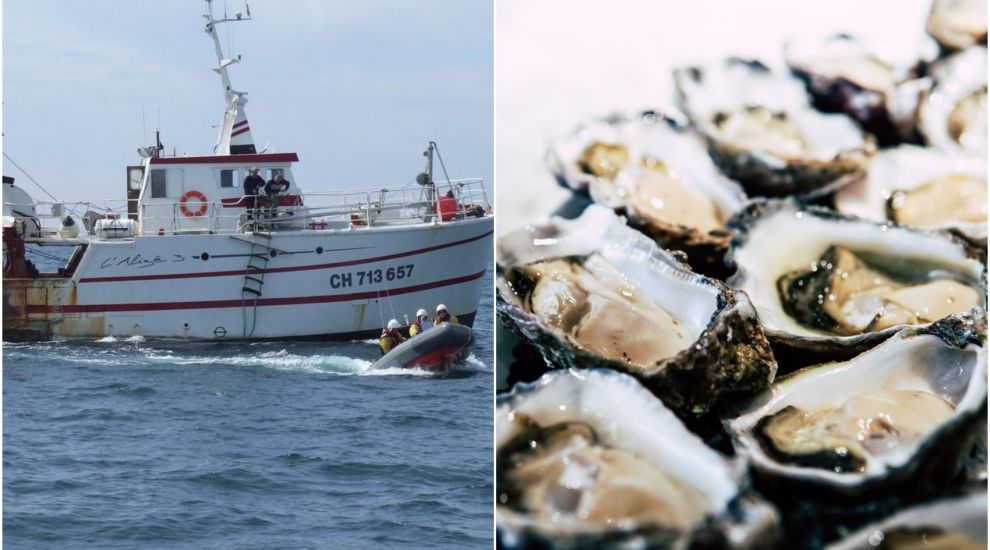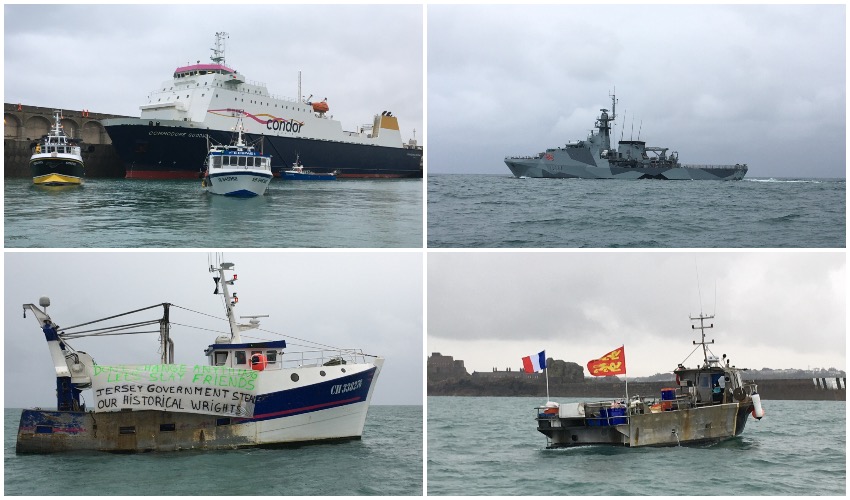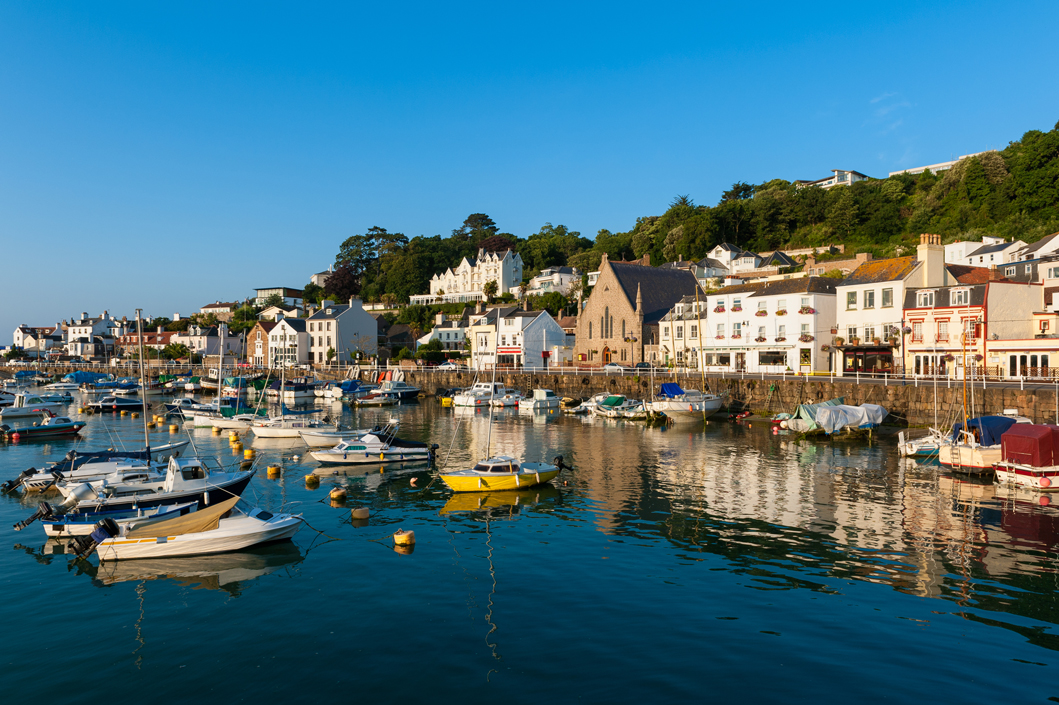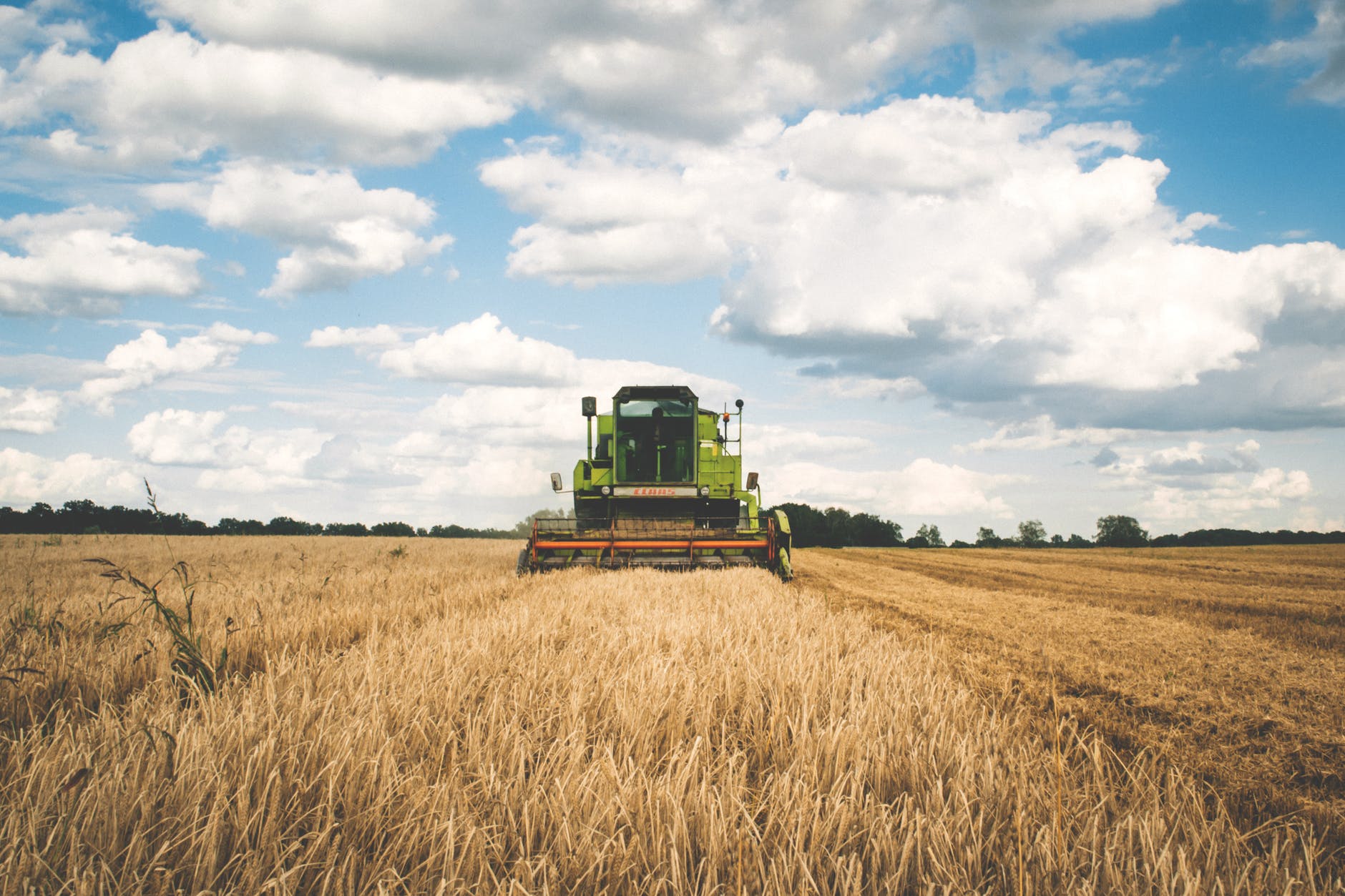


French commercial fishermen recently blockaded St Helier’s harbour. A local shellfish farmer has suffered loss from not being able to land exports in France.
Under the former Granville Treaty, Gallic commercial fishermen exploited Jersey’s territorial waters for free, including with trawlers that have damaged our local reefs. This has been galling for Jersey fishermen.

Pictured: "The EU threatened a few years ago to blacklist Jersey for failing to ensure non-residents were treated no more favourably than local residents for tax purposes. Certain EU members (including the UK and Germany) continue to have tax regimes that favour investment by non-residents."
They are required to pay tens of thousands of pounds for the right to fish commercially in our local waters, in vessels restricted in length to no more than 12 metres.
The UK-EU Trade and Economic Cooperation Agreement (TECA), that was extended to Jersey as part of the UK’s Brexit’s negotiations, aspires to support "a level playing field for fair and open competition and sustainable development."
Local finance workers know something about the way the EU applies level playing field language. The EU threatened a few years ago to blacklist Jersey for failing to ensure non-residents were treated no more favourably than local residents for tax purposes. Certain EU members (including the UK and Germany) continue to have tax regimes that favour investment by non-residents.
People throughout history have lost investments, livelihoods and lifestyles owing to circumstances beyond their control. Luddites, coal miners and steelworkers have all tried to resist environmental changes, political decisions and advances in technology. In Jersey, PricewaterhouseCooper has estimated 30% of local finance industry jobs being lost to automation and artificial intelligence by 2035.
Humans are a source of ingenuity as well as disruption. How much should any government protect enterprises that cannot stand on their own two feet?

Pictured: French commercial fishermen recently blockaded St. Helier’s harbour.
In the case of our local food producers, the answer seems obvious. We can’t survive without food. The cheaper it is, the less of a struggle for people to feed themselves. Added to that, farmers help to manage the island's countryside. Many of them have been privileged enough to inherit beautiful farmland, and enjoy the lifestyle, but, as with commercial fishing, farming still is hard work.
And it remains risky. Poor weather can obliterate any crop.
Yet Jersey has a history of relying on the importation of food (including fish) while exporting most we produce. Jersey’s Rural Economy Strategy 2017-2021 reported Jersey’s rural sector as a whole, is to a large extent subsidy dependent, even though not all farmers claim subsidies (which is a business in itself). Are we really ending up with cheaper food supplies by subsidising the food supply of first world countries in order to compete internationally?
The Rural Economy Strategy also has stated ‘serious efforts need to be made to address the economic sustainability of Jersey agriculture and to improve productivity’. Lately, the environmental costs of intensive agricultural production, using industrial fertilisers and pesticides, have come into focus, in addition to the perils of over-fishing.
Local environmental group, Save Our Shoreline, suggested a few years ago a shellfish farm in St. Aubin’s Bay could help reduce the sea lettuce that arguably is caused by nitrate pollution (sea lettuce is harvested as an edible crop in some jurisdictions).

Pictured: "Local environmental group, Save Our Shoreline, suggested a few years ago a shellfish farm in St. Aubin’s Bay could help reduce the sea lettuce..."
Intensive farming generally requires more labour. This has been a challenge for farmers to find locally, presenting immigration and housing issues. Tree clearance to create land space deprives the island of carbon sinks. The planting of sea grass can create them.
Against this backdrop, the Rural Economy Strategy has aspired to comply with the Convention on the Conservation of Biological Diversity’s Aichi Targets. Jersey’s government has committed to counteract global warming.
Our iconic, pretty cows produce methane but to what extent do environmentalists and vegans wish to deprive the island's children of good quality and locally produced milk? How much of the land that could grow food crops or support tree planting do we wish to give over to hemp?
Investment in technology has enabled the Netherlands to become the world’s second largest exporter (in value) of food, but do islanders truly want the acres and acres of greenhouse complexes that accompany such success, along with rows of solar panels?

Pictured: "Maybe islanders need to support the local consumption of our locally produced food more."
The question remains whether it is fair and responsible to be incentivising, or pressurising, local farmers to increase productivity of single crops in the way that we currently appear to be. Is there a justifiable cost benefit in subsidising the Jersey Royal abroad to promote the island as a tourist destination? How does that compare with promoting our local heritage on our own turf more directly, along with the possible eco-tourism suggested in the Economic Council’s Report?
Maybe islanders need to support the local consumption of our locally produced food more. And maybe it is time for Jersey’s government to explore a different approach to rewarding and supporting those individuals who are willing to feed our local community through farming and fishing.
That might be achieved by paying farmers a fee for producing more diversified food for the local market, rather than subsidising the export of crops. Or by assisting fishermen in meeting the food processing requirements of local supermarkets. Or extending the type of protectionism that we have seen with Jersey cows.
The government’s recently launched Island Identity policy project (islandidentity.je) may assist in a community conversation on the matter, if supported by objective data. The ambition of its policy board (chaired by International Development Minister, Deputy Carolyn Labey) is that ‘national identity considerations act as a lens through which to focus all policy decisions’.
The island's natural resources are limited. Even now, we are witnessing a fight to exploit them at the expense of our natural environment. The tradition of islanders making money from new ideas should be encouraged. Knowledge, invention and personal resilience need to be nurtured too.